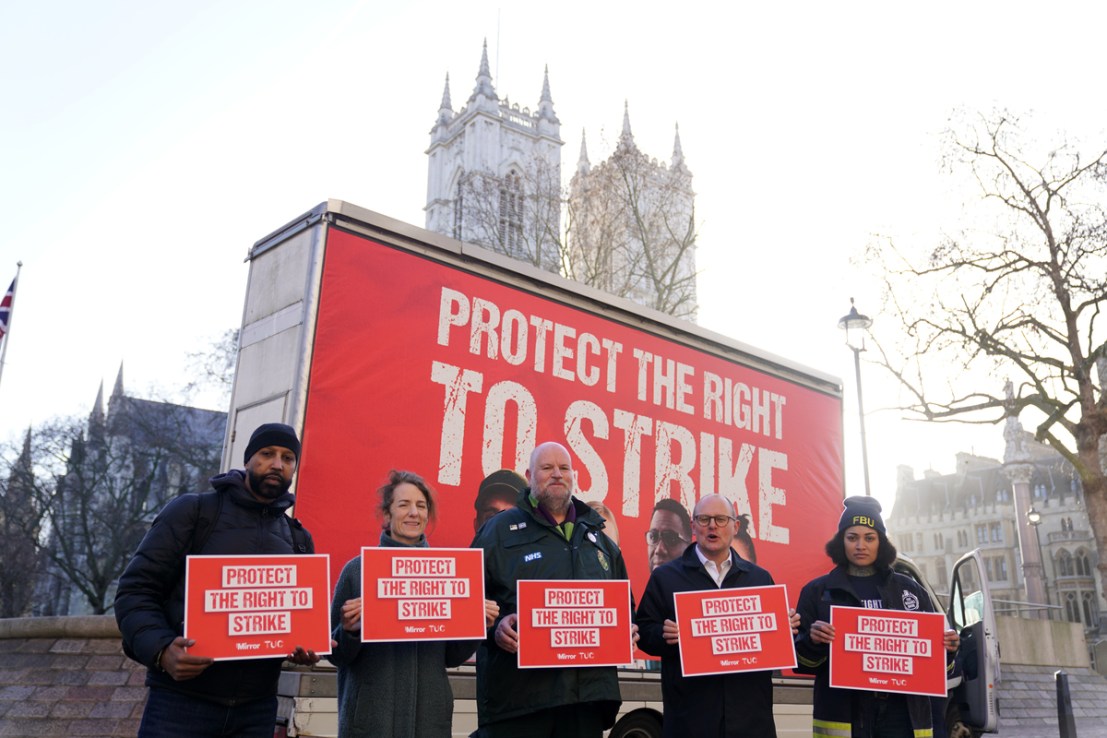Workers’ rights bill is ‘most extensive reform to trade union rights since Thatcher’
There are 'extensive' reforms planned for Trade Unions in the new Employment Rights Bill, which includes giving unions 'greater freedom to organise'


Major reforms planned for trade unions in the new Employment Rights Bill, will set in motion the biggest changes for workers for three decades.
The Bill from the government was revealed on Thursday, and within the 149-pages, were highly-anticipated details about reforms for trade unions.
The trade union and industrial action provisions, will see the removal of restrictions on unions, giving them greater freedom to organise, represent and negotiate on behalf of workers.
The Trades Union Congress said the bill “will be crucial if unions are to organise in new parts of the economy where employers resist their workers gaining a collective voice.”
The new law will also give additional powers in relation to the prohibition blacklisting trade unions. While the reforms will also cover ballots, including the provision of information employers have on those picketing, and protections for those taking action.
The Bill also includes repealing the controversial law on strikes implemented by the previous government. While also making provision to regulate access to workplaces for trade union members meetings.
Crowley Woodford, head of the European employment practice at Ashurst stated that “the industrial relations mood music is set to change in favour of the trade unions”.
He highlighted that “the Bill represents the most extensive reforms to union rights since the Thatcher era.”
Woodford pointed out that “some may feel that this is a rebalancing exercise but what is clear is that employers will need to be prepared for increasing trade union membership, more extensive calls for recognition and a strengthening of union resolve around the bargaining table.”
Caspar Glyn KC, chair, Employment Lawyers Association said the “Bill promises to be the greatest overhaul of workplace rights for 30 years.”
“Employees and unions will see their rights strengthened and this inevitably comes with a concomitant cost and reduced flexibility for business.”
“Labour is trying to navigate a tricky tightrope to strengthen workers’ rights without creating undue costs and restrictions on businesses,” Glyn KC added.


